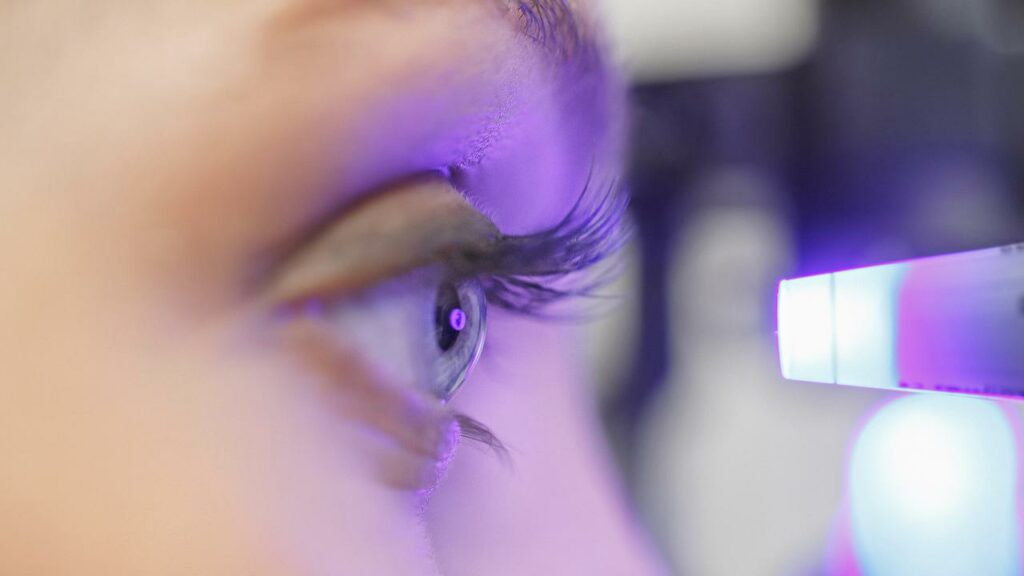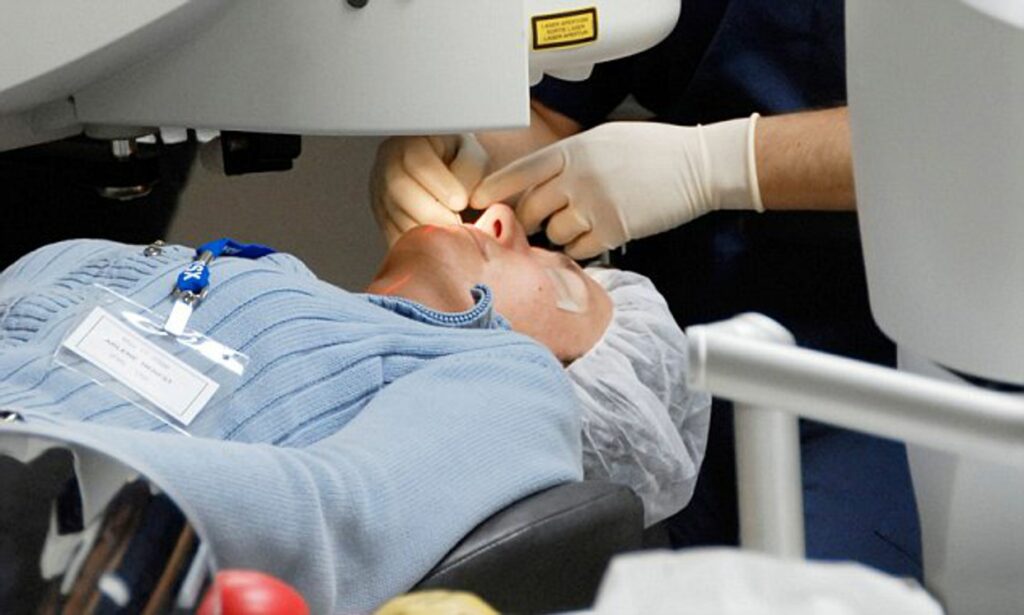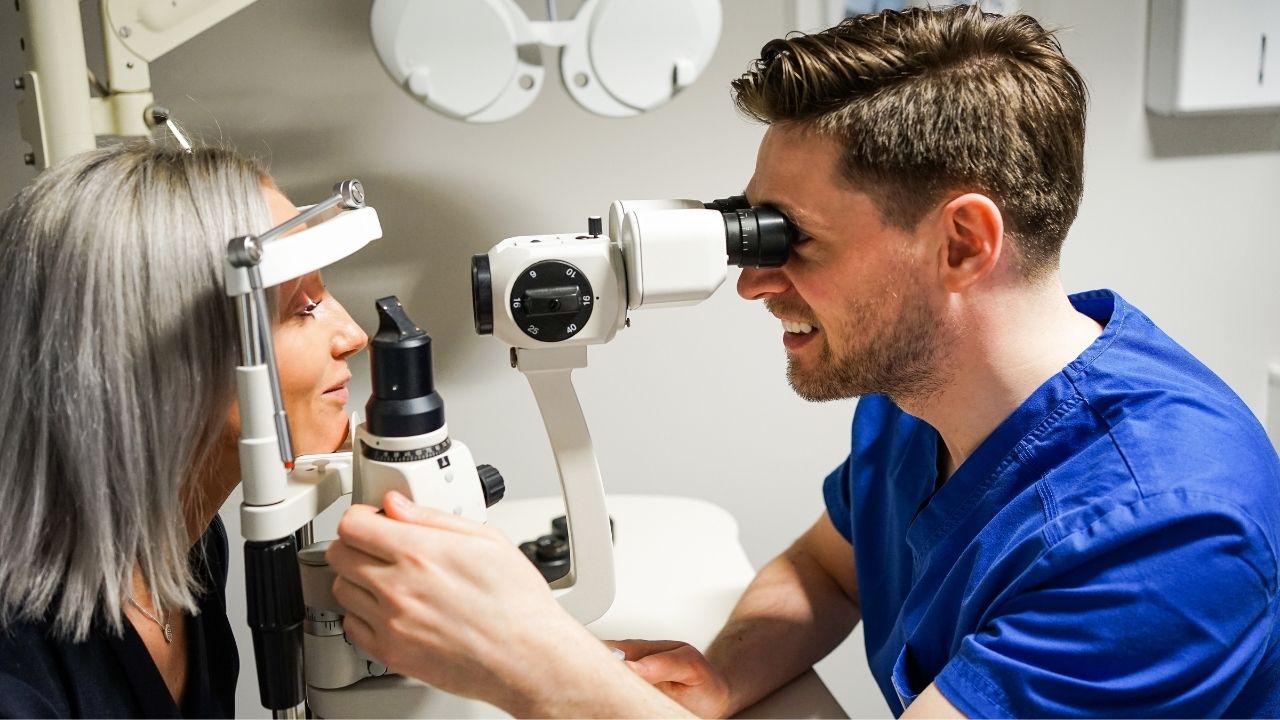Vision problems don’t differentiate based on age. Even though certain eye conditions are more peculiar to specific age ranges, such as presbyopia, vision problems affect people of different health backgrounds. But the good news is that LASIK surgery has the potency to fix refractive errors in patients of varying age ranges.
Unfortunately, not everybody is a potential candidate for lasik eye, sometimes due to age or other factors (s). But some eye care providers offer a variety of vision correction procedures aside from standard LASIK to treat patients of all ages.
Below, we discuss the best age to have LASIK surgery and what other vision correction procedures we can recommend to you if age is an issue.
What’s the Average Age of LASIK Surgery Patients?
One of the most exciting things about LASIK surgery is that it is suitable for most adults. 90% of people between 18 to 65 are excellent candidates for LASIK. It can correct vision problems like nearsightedness, farsightedness, and astigmatism.
However, if you fall outside this age range, you’re likely too young or old to qualify for LASIK surgery. Let us explain why age matters when undergoing a laser vision correction procedure.

Why Age Matters For LASIK Eye Surgery
- Younger eyes have not stabilized
It is not advisable to undergo LASIK or another vision correction procedure if you’re under 18. That is because the eyes are still growing during childhood and teens; this means they may still change shape, which can alter the prescription.
LASIK surgery reshapes the cornea to correct how the eye refracts light to create a clear picture. But if you undergo LASIK surgery while your eyes are still growing, there’s a risk that your cornea could change shape post-surgery. That can render the results of the LASIK procedure ineffective.
Fundamentally, the prescription progresses because you are growing. In the same way, your eyeball is hanging shape and form; after 18 years, that doesn’t happen. What happens is when you go to a consultant to get an eye examination, they notice a little bit of a change, but it is normal.
As such, it is best to wait til adulthood, when your vision would stabilize. Your eyes are fully developed in your early and mid-20s and stay the same till your early or mid-30s. Some people begin to experience the signs of age-related eye conditions as early as in their 30s, and this gradually continues as they grow older.
- Older eyes are more vulnerable to risks
Our eyes may no longer grow as we age, but they can still change with the onset of age-related eye conditions.
For example, presbyopia refers to the steady decline of the eye’s ability to focus on close objects. It usually begins to occur in the mid-40s and continues to aggravate with age. Likewise, cataracts occur when the lens gets cloudy. Cataracts develop gradually over time, but you have been at a much higher risk for the past 60 years.
It is still possible to be eligible for LASIK surgery, even with cataracts or presbyopia. But, these eye conditions can make your prescription more complicated and severe. Since they are more common in older individuals, LASIK surgery may not be enough to correct your vision. Additionally, suppose you’re over the age of 65. In that case, there’s a higher risk of complications, which is another reason you may not be a good candidate for LASIK.
However, top LASIK surgeons are proud to offer a wide range of vision correction procedures designed for older patients. In that light, we may be able to advise you to consider a procedure even if LASIK surgery is not suitable for you.
The only way to define your eligibility is to go for a free, no-obligation consultation. The operating centre has a friendly staff team who will conduct diagnostic tests during your preliminary appointment to evaluate the best procedure for you. They will also explain the procedure and its benefits, what you should expect from the recovery process, results, and your financing options.

What Does It Mean To Be Too Young?
LASIK is an FDA-approved procedure for people older than 18. Still, Bansal recommends that patients wait until they are up to 21 years and out of school before having LASIK surgery or any form of refractive surgery. After this age, the eyes change more slightly, and the benefits of LASIK surgery are likely to last longer.
Aside from waiting till the patient reach a certain age, an ophthalmologist is likely to monitor a patient’s vision regularly, making a note of changes, to figure out when LASIK eye surgery is appropriate. Suppose someone’s eyeglasses or contact lenses prescription has changed within the past year. In that case, LASIK eye surgery might not be a good option.
“Typically, surgeons will continue to follow patients every year and perform surgery once the eyeglasses prescription has stabilized,” says an ophthalmologist and refractive surgeon with a high profile.
Your ophthalmologist will look at other factors to determine if you are eligible for LASIK. They will assess your eye health and measure your pupil size, refractive error, and cornea. For many people, LASIK surgery corrects refractive vision issues enough to reduce the need for glasses and contact lenses. It may even allow you to stop using them altogether.
What’s the Reason behind LASIK Barrier?
The reasoning behind this is that your eyes are still changing. At the same time, LASIK surgery is a one-time procedure that lasts a lifetime. Having LASIK surgery before the eyes stop changing doesn’t make sense because if your vision would still changes after the surgery, the procedure may not be as effective over the years to come.
Finally
With LASIK eye surgery, it s possible to find freedom from eyeglasses and contacts at any age. If you want to understand more about LASIK eye surgery, you may contact your eye care provider and ask further questions about LASIK and every other refractive r vision procedure that can transform your life.
More to read: Your cataract surgery questions answered




